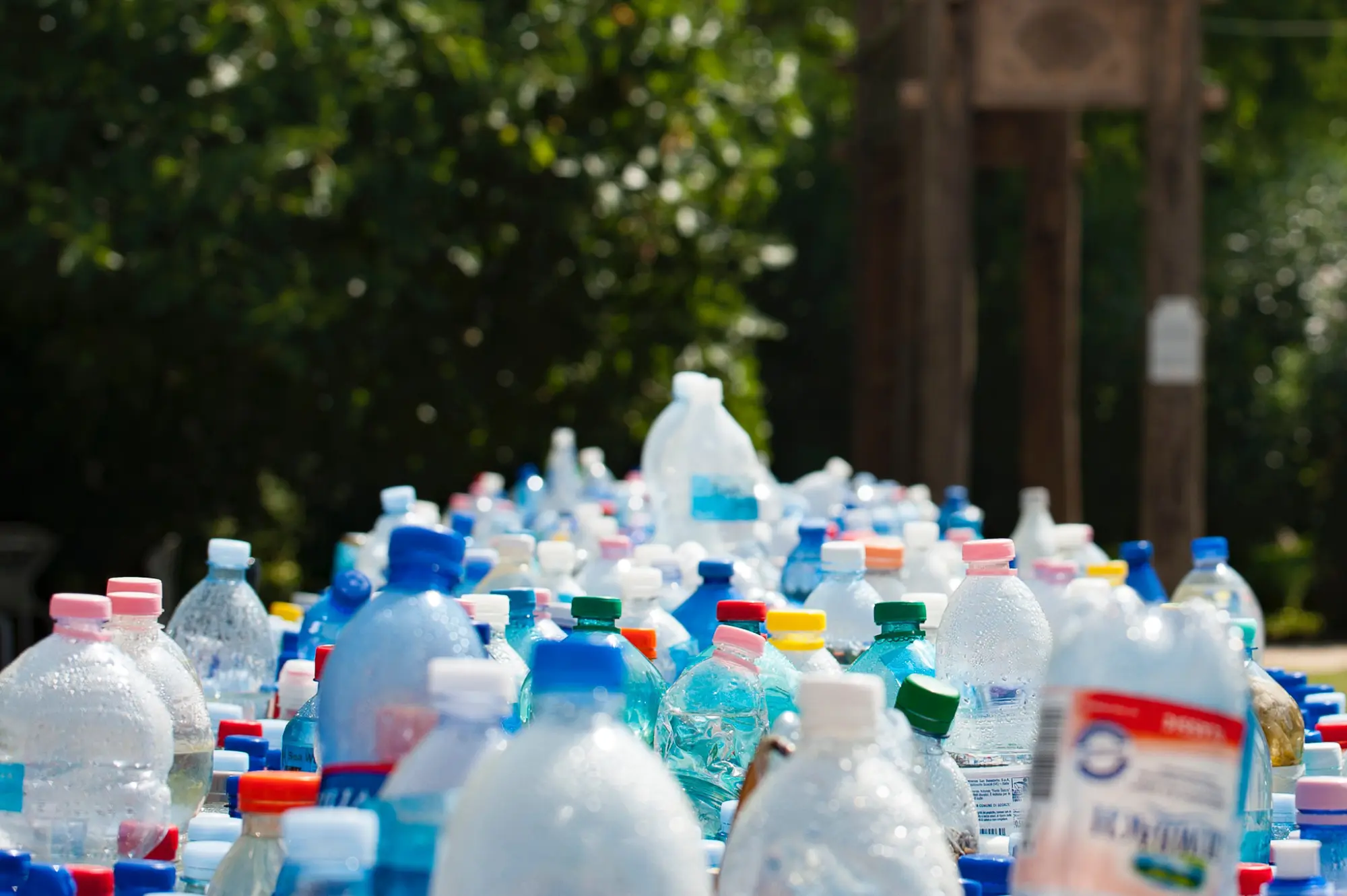A Deposit Return Scheme for drinks containers will be introduced in England, Wales and Northern Ireland in October 2025. The goals of this scheme are to increase the recycling rate for drinks containers, minimise littering and reduce negative impact on the environment, changing consumer behaviour for the better through simple incentivisation. Scotland is also introducing a similar scheme, expected to go live March 2024.
What does the Deposit Return Scheme entail?
Under the Deposit Return Scheme, most retailers will be required to take a 10-20p deposit on every beverage container they sell. This fee will have to be paid by the consumer and cannot be absorbed by the business. Each retailer will need to provide a return point where the customer can bring back their drinks container and collect their deposit.
The retailer will then return the container to the Scheme administrator, who will refund the deposit back to the retailer.
What containers are included in the Deposit Return Scheme?
- Containers will a volume between 50ml and three litres
- Polyethylene terephthalate (PET) bottles, steel and aluminium cans. In Wales, the Scheme will also include glass bottles.
What are the benefits of the Deposit Return Scheme?
A deposit return scheme could deliver considerable environmental benefits.
Minimising waste
The Scheme supports the move towards a circular economy, in which waste is minimised and resources are re-used as much as possible.
Increasing recycling rates
Although plastic bottles and aluminium cans are fully recyclable, recycling rates highlight that there are significant improvements to be made in this area.
“Current recycling rates in the UK for drinks containers are around 70%, lower than other countries that have a DRS in place. This leaves approximately 4 billion plastic bottles and 2.7 billion cans that are not recycled every year. Drinks containers often end up in landfill or sent to incineration plants, releasing highly polluting greenhouse gas emissions and increasing the demand for virgin materials, which also generate greenhouse gas emissions associated with creating new products.” [Source]
Improving recycling quality
The Deposit Return Scheme will segregate containers by material at the point of return, creating a cleaner waste stream. This will reduce the level of contamination and the amount of recycling that is consequently rejected, giving the UK access to a steady supply of high-quality recycled material. This will reduce our reliance on imported and virgin material.
Reducing litter
The implementation of a DRS is expected to reduce littering of relevant containers substantially, helping to combat the problem of plastic pollution. Through the financial incentive provided to consumers to return disposable drinks containers, the UK Government estimates that 85% fewer drinks containers will be discarded as litter.
Do Deposit Return Schemes work?
Deposit Return Schemes have been incredibly successful in other countries to date. In 2020, Finnish residents reportedly recycled 94% of aluminium cans and 92% of plastic bottles. In Norway, 97% of all plastic drink bottles are recycled. Notably, 92% of these are recycled to such a high standard that they can be turned back into drink bottles.
Research by Ribena and Lucozade-maker Suntory Beverage & Food GB&I showed that it would take just seven weeks for people to adjust to the Scheme, with return and redemption rates hitting 88%.
When will the Deposit Return Scheme come into place?
The Deposit Return Scheme will go live in England, Wales and Northern Ireland from 1st October 2025. The government has set a collection target of 90% to be achieved within three years of the operation. Businesses should begin making plans for implementing the scheme, including how they will store the recyclable materials securely.
What does this mean for my business?
Businesses that sell drinks to take away (cafés and takeaways) and those that sell drinks to be consumed on-site only (pubs and restaurants) will have different obligations.
Sales for consumption on the premises
If you run a bar, hotel, cafe, or restaurant, and you sell drinks in the types of containers that are covered by the scheme, you do not have to charge the deposit or operate a return point if the drinks are consumed only on the premises.
You will have other obligations under the scheme. This includes:
- only selling drinks from registered producers
- when you buy the drinks from the producer or the supplier, pay the deposit on each drink bought
- storing empty drink containers for collection in a safe way.
When empty drink containers are collected, free of charge, by the producer or scheme administrator acting on their behalf, you will get the deposit back for each container.
Sales for consumption off the premises
If any drinks in scheme containers are sold for consumption off the premises, you are considered a retailer under the DRS Regulations and must follow the rules for retailers. This includes charging the deposit on each drink sold to the customer and operating a return point for collecting returned containers.
Interested in making your business more sustainable? Talk to our experts today about how Nutritics can help manage your carbon footprint and kitchen waste.
